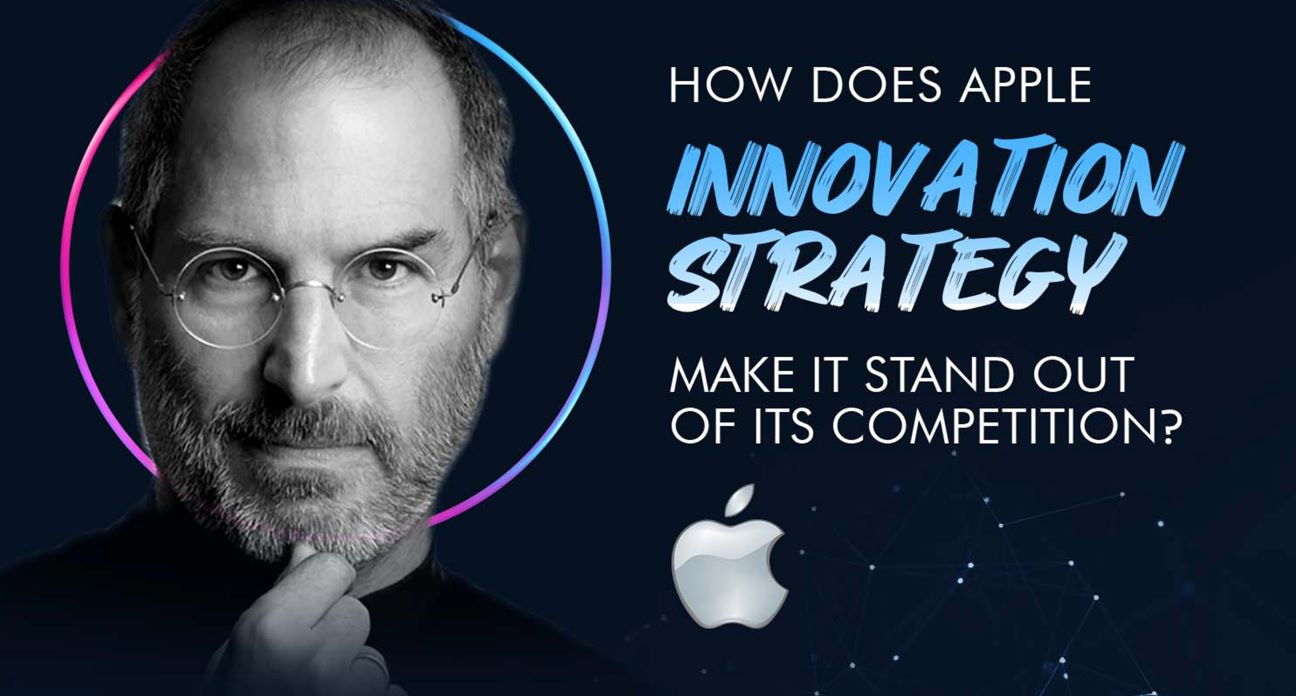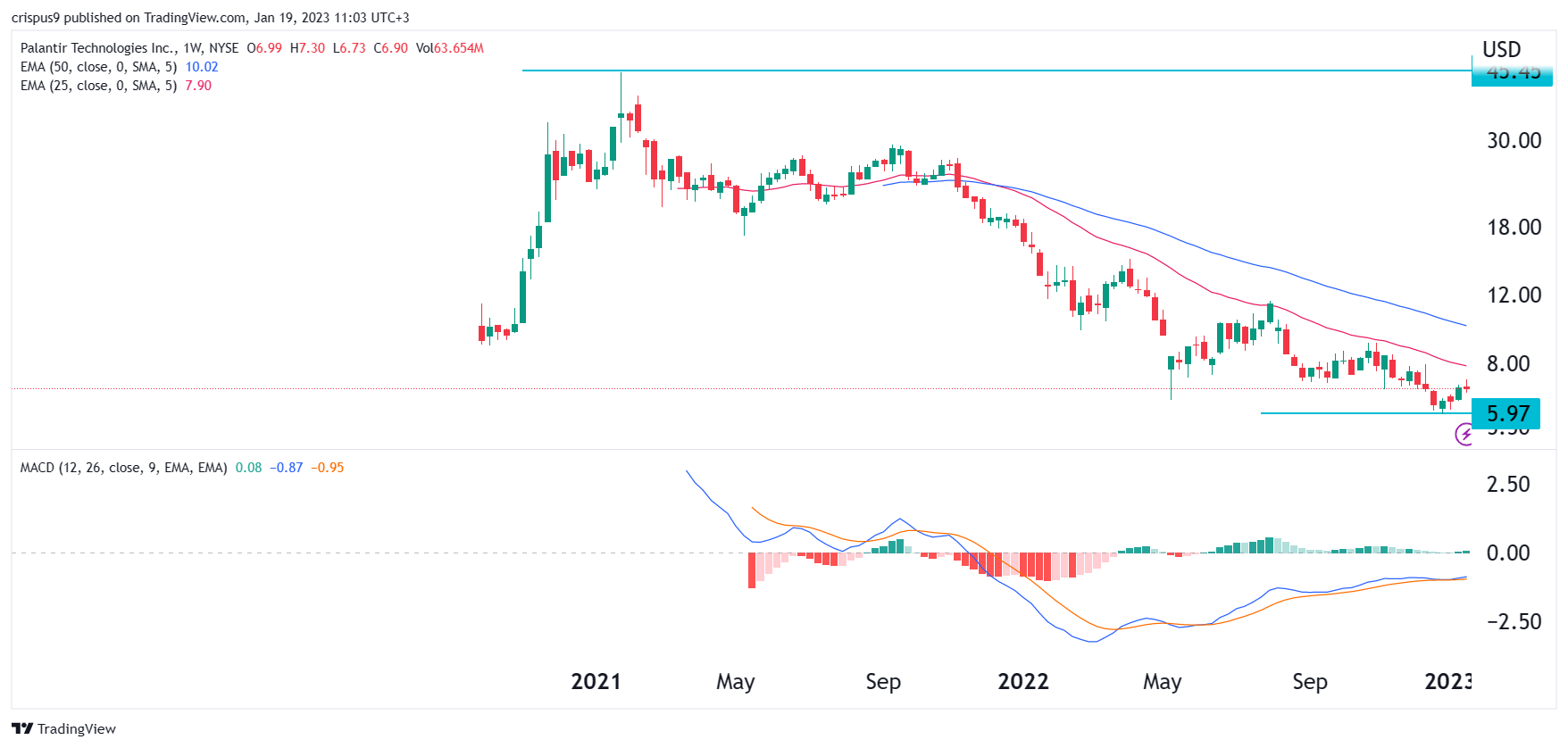Will Apple's AI Strategy Lead To Innovation Or Stagnation?

Table of Contents
Apple's Strengths in the AI Arena
Apple possesses several key strengths that position it favorably in the AI race. Its approach differs significantly from competitors like Google and Facebook, focusing on specific advantages that could prove decisive in the long run.
Focus on Privacy and User Data
Apple emphasizes user privacy as a core tenet of its AI strategy. This is a key differentiator in a market increasingly concerned about data security and ethical implications of AI. While this approach builds significant trust with consumers, it also presents challenges in gathering the massive datasets typically used to train sophisticated AI models.
- Differential privacy techniques: Apple employs techniques to minimize the risk of identifying individual users within aggregated datasets.
- On-device processing: Many AI tasks are performed directly on the user's device, minimizing the need to transmit sensitive data to Apple's servers.
- Federated learning: This approach allows Apple to train AI models using data from multiple devices without directly accessing the data itself, preserving user privacy.
This commitment to privacy, while limiting data availability, creates a strong brand image and could attract users wary of other tech giants' data-hungry AI systems. This might become a significant competitive advantage as regulations around data privacy become stricter.
Hardware-Software Synergy
Apple's tightly integrated ecosystem of hardware and software is a significant advantage in optimizing AI performance. This synergy allows for fine-grained control over the entire AI pipeline, resulting in superior efficiency and performance.
- A-series chips: Apple's custom-designed chips, particularly the A-series chips found in iPhones and iPads, are optimized for machine learning tasks.
- Neural Engine: A dedicated hardware component within the A-series chips accelerates computationally intensive AI operations.
- Efficient machine learning frameworks: Apple provides optimized frameworks that simplify the development and deployment of AI models on its devices.
This hardware-software synergy allows for features like advanced image processing, Siri's improved natural language understanding, and sophisticated augmented reality experiences, all powered by highly efficient on-device AI.
Strong Brand Loyalty and Ecosystem
Apple boasts a large, loyal user base, providing a readily available testing ground and a vast market for new AI-powered features and services. This established ecosystem significantly reduces the barriers to adoption of new AI-driven products.
- Seamless integration with existing Apple products: New AI features can be seamlessly integrated into existing products and services, enhancing the user experience without requiring significant behavioral changes.
- Potential for viral adoption: The large and engaged Apple user base can accelerate the adoption of new AI technologies through word-of-mouth marketing and social influence.
This existing user base offers a considerable advantage for launching and scaling new AI products and services, making it significantly easier to achieve widespread adoption compared to companies starting from scratch.
Potential Challenges and Weaknesses
Despite its strengths, Apple's AI strategy faces potential challenges and weaknesses that could hinder its progress.
Secrecy and Lack of Openness
Apple's notoriously secretive approach to AI development may limit collaboration and slow down the pace of innovation. This lack of transparency contrasts sharply with the more open approaches of competitors who actively publish research and collaborate with the wider AI community.
- Limited research publications: Apple publishes significantly fewer research papers compared to companies like Google and Facebook.
- Less participation in open-source AI communities: Apple's relatively limited involvement in open-source projects means it misses out on collaborative advancements and community feedback.
While protecting intellectual property is crucial, excessive secrecy could hinder the overall progress of the AI field, potentially putting Apple at a disadvantage in the long run.
Dependence on Specific Hardware
Apple's focus on its proprietary hardware could limit the accessibility and reach of its AI advancements. This reliance on specific devices restricts the potential applications of its AI technologies.
- Challenges in porting AI models to other platforms: AI models optimized for Apple's hardware might be difficult or impossible to run on other platforms, limiting their versatility.
- Limited cross-platform compatibility: This dependence on Apple's ecosystem could restrict the reach and impact of Apple’s AI initiatives.
This limited compatibility could severely restrict Apple's ability to reach a wider market compared to competitors offering cross-platform solutions.
Competition from Established Players
Apple faces stiff competition from established tech giants with extensive resources and established AI infrastructure. These competitors have been investing heavily in AI for years, accumulating a substantial lead in terms of data, talent, and technological expertise.
- Google, Amazon, Microsoft: These tech giants possess massive datasets, advanced AI research labs, and considerable market share in various AI-related sectors.
The competitive landscape is intensely challenging, requiring Apple to consistently innovate and overcome significant hurdles to maintain its position.
Future of Apple's AI Strategy: Innovation or Stagnation?
Predicting the future of Apple's AI strategy is challenging, but considering the points above, several potential trajectories emerge. The key question is whether Apple's emphasis on privacy and integration will outweigh its secretive approach and intense competition. The future likely involves a combination of both innovation and potential limitations.
- Predictions about future Apple AI products: We can expect further advancements in on-device AI capabilities, improved Siri functionality, more sophisticated AR experiences, and potentially new AI-driven services tailored to its ecosystem.
- Potential breakthroughs: Apple’s focus on privacy-preserving AI could lead to breakthroughs in secure and ethical AI development, setting new industry standards.
- Potential areas of stagnation: The secretive approach could limit the pace of innovation in certain areas, potentially falling behind competitors in specific AI applications.
A balanced approach, combining its privacy-focused strategies with increased collaboration and openness, could result in significant advancements. However, maintaining its current strategy could limit its potential in the rapidly evolving AI landscape.
Conclusion
Apple's AI strategy presents a complex picture. While its focus on privacy and hardware-software synergy offers significant advantages, concerns remain regarding its secretive approach and intense competition. The future success of Apple's AI strategy hinges on its ability to balance these factors. Will it embrace greater openness while maintaining its commitment to privacy, leading to groundbreaking innovations? Or will its closed approach result in stagnation? Only time will tell. Stay informed about the evolving landscape of Apple's AI strategy to understand the future of this powerful technology. Understanding Apple's AI strategy is crucial for understanding the future of the tech industry.

Featured Posts
-
 Kse 100 Freefall Operation Sindoor And The Pakistan Stock Market Crisis
May 09, 2025
Kse 100 Freefall Operation Sindoor And The Pakistan Stock Market Crisis
May 09, 2025 -
 Nyt Strands Answers For Saturday February 15th Game 349
May 09, 2025
Nyt Strands Answers For Saturday February 15th Game 349
May 09, 2025 -
 Prediction Two Stocks Outperforming Palantir In 3 Years
May 09, 2025
Prediction Two Stocks Outperforming Palantir In 3 Years
May 09, 2025 -
 Palantir And Nato A New Era Of Ai Powered Public Sector Operations
May 09, 2025
Palantir And Nato A New Era Of Ai Powered Public Sector Operations
May 09, 2025 -
 Uk Visa Restrictions Impact On Nigerian And Pakistani Applications
May 09, 2025
Uk Visa Restrictions Impact On Nigerian And Pakistani Applications
May 09, 2025
